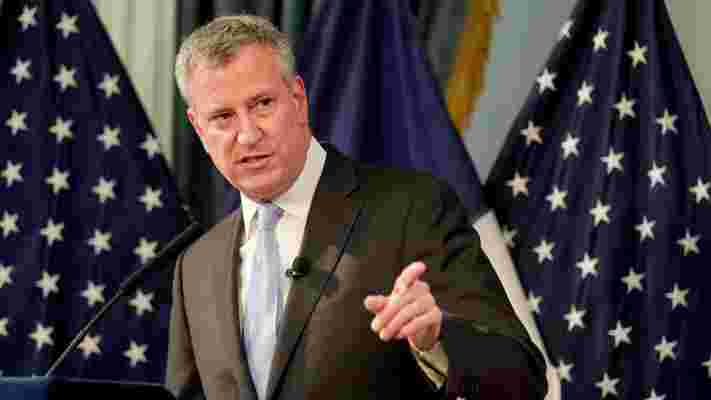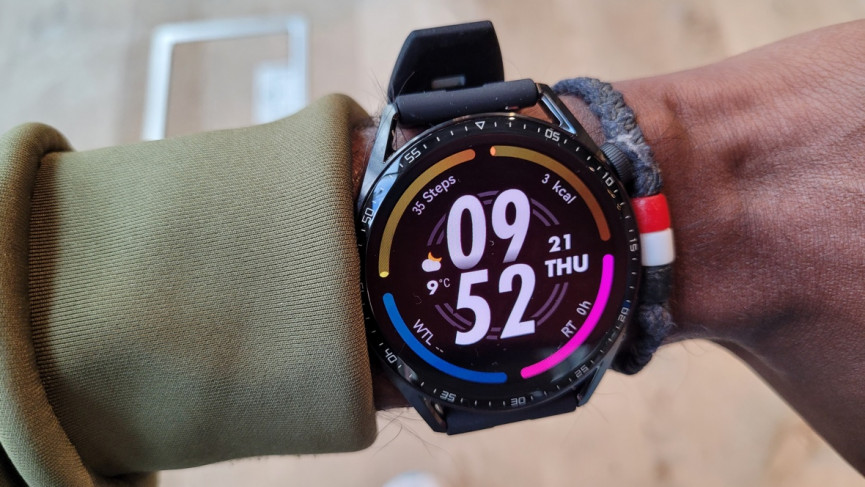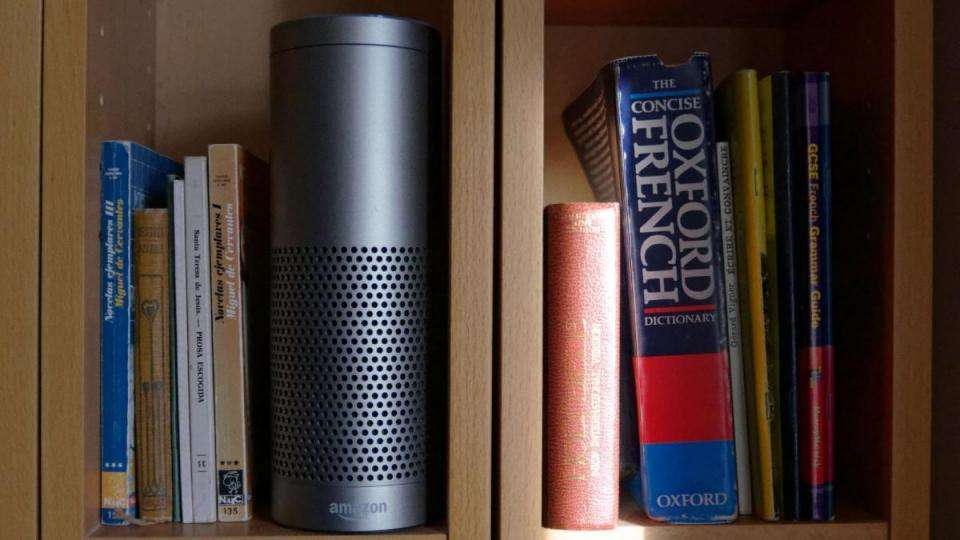June 25,2022
New York City Now Aims for 300,000 Affordable Housing Units by 2026
by David Stewart
The New York mayoral election is less than two weeks away, and Bill de Blasio announced an affordable housing expansion that he likely hopes might shore up some extra votes. At a press conference this week, the incumbent mayor announced a 50 percent expansion of his affordable housing program. The city will aim to build or preserve 300,000 new units for low-income renters by 2026, up from a previously pledged 200,000. To meet these goals, his administration will commit $150 million annually over four years to build and protect affordable housing, with a special focus on seniors and slowing the deregulation process of existing rent-stabilized units.

Most interestingly, one specific plank of the platform seeks to slow the pace of gentrification. Part of the mayor’s more aggressive target will necessitate an expansion of the Neighborhood Pillars program, an initiative that will utilize $275 million in earmarked funds over eight years to help nonprofit developers with the mortgages and rehabilitation costs of up to 7,500 affordable housing units.
It’s part of an effort to keep such units from being sold to speculators who take control of properties and jack up rents, upending the real estate market for entire neighborhoods and displacing longtime residents in the process. "We don't want these speculators to win the day," said Mayor de Blasio outside an East Flatbush supportive housing complex. "We want nonprofit organizations to be the ones that get these buildings. We know they'll take care of them right."
While de Blasio hopes it will help stave off "an affordability crisis that we could have never imagined," some question whether his proposals go far enough. Affordable housing advocates like Katie Goldstein, director of the grassroots Tenants and Neighbors and the Real Affordability for All Coalition, worries that Neighborhood Pillars doesn’t address the root cause of a top-heavy housing market: the unabated sale of public land to private, for-profit developers. "When you're talking to me about buildings that are 30 to 50 units, that's small and piecemeal compared to the major assets and public land that have been going to private developers," she said.
A whopping 60,000 New Yorkers reportedly applied for the 110 units in the housing complex where de Blasio made his announcement, which certainly suggests that a much more fundamental reimagining of the New York City housing market must take place to ensure the problem is sufficiently addressed. Still, the commitment of additional city funds to the cause should hopefully bring some measure of relief to one of the most expensive real estate markets in the country.






